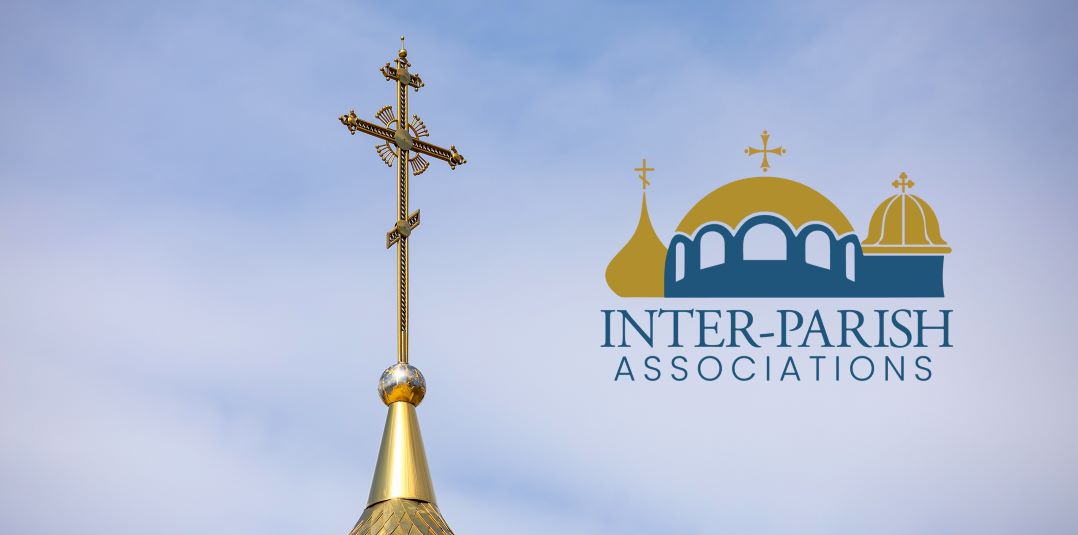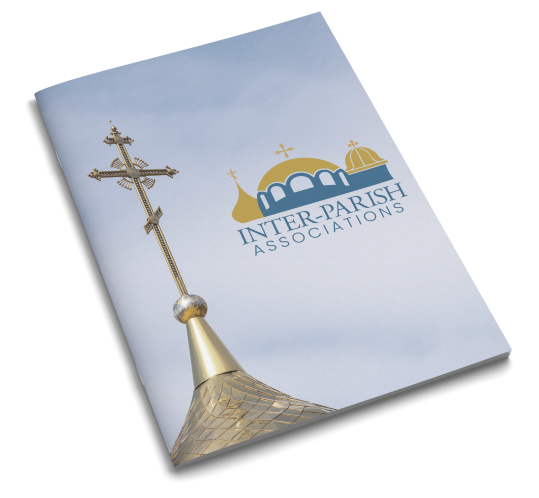Inter-Parish Associations

What is an Inter-Parish Association?
Inter-Parish Associations promote communication, camaraderie, and cooperation across Orthodox Christian parishes of all jurisdictions in a given geographical area. They are local (ie. the city/town level) and include both clergy and laity. Their purpose is to break down barriers across Orthodox Christian jurisdictions and, as a unified Orthodox Christian community, witness Christ's love in local society.
Minimum Criteria
- Multi-jurisdictional participation
- Both clergy and lay leadership
- Internal ministries
- External ministries
Click here to fill out an Intent Form
How to Start an Inter-Parish Association
Step Two
Assembly of Bishops' Staff will Contact You
Step Three
Identify Parishes
Network with other Orthodox parishes in your area to form a "group" that will become your Inter-Parish Association. The Assembly's staff will assist in this process.
Step Four
Secure Hierarchical Permission
The Assembly of Bishops' staff helps you secure letters from the pertinent local Hierarchs, blessing your parish's participation in the Inter-Parish Association.
Step Five
Structure the Inter-Parish Association
While all Inter-Parish Associations must meet basic criteria, each IPA's structure must be designed with the local context in mind. Therefore, each IPA designs its own structure. Assembly of Bishops' staff are available to guide the process as needed.
Step Six
Create a Strategic Plan and Outreach Ministry / Ministries
Inter-Parish Associations are intended to (1) break down barriers between Orthodox Christian communities and (2) witness Christ's love in the local community through relevant outreach ministries. Once an IPA has taken shape, it is important to strategically map out the path by which these two purposes will be realized as a unified Orthodox Christian community.
Frequently Asked Questions
Thank you for being trailblazers! Yes, we recommend and encourage your pan-Orthodox clergy-laity association to join the Inter-Parish Association movement. The IPA program is the next step on your journey, as it is the first official forum authorized by the Bishops, collectively, for inter-parish cooperation. Additionally, the IPA network is a great way for experienced regions such as yours to share your knowledge with other areas around the country.
Absolutely! Areas with only a few parishes may form an IPA.
No. Only one IPA may be registered to a given geographical area and all parishes under jurisdictions of the Assembly of Canonical Orthodox Bishops of the United States of America must be invited to participate.
The very act of parishes from various jurisdictions working together to have a positive impact in their local society is a manifestation of Orthodox Christian unity. As all Orthodox Christians across the country remove barriers of separation and centralize their faith, the corporate body will naturally mature toward a unified church.
No. The Orthodox Church’s culture in the USA is multi-ethnic. IPAs will provide opportunities to share each’s heritage with the other. At the same time, faith and being Church must be the priorities in each parish. Therefore, IPAs will centralize Christ while respecting the various flavors ethnic and local traditions add to expressing the faith.
Parishes eligable to participate in an IPA are those that fall directly under the authority of one of the Member Hierarchs of the Assembly of Canonical Orthodox Bishops of the United States of America. While other churches and institutions - including Oriental Orthodox parishes, Roman Catholic parishes, Protestant congregations, soup kitchens/pantries, prisons, universities, etc. - are not eligable for membership in an IPAs, IPAs are encouraged to develop working relationships and partnerships with other churches and organizations in their local communities.
AoB & OTSA Webinar on Inter-Parish Associations?
Questions?
Contact us at communications@assemblyofbishops.org

